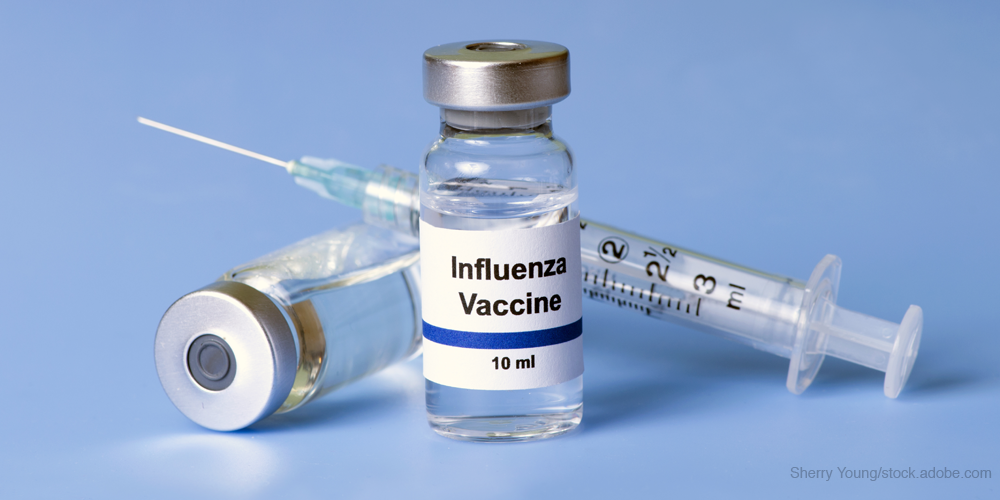Our immune system helps to protect our body against pathogens that may cause infection. Most of the time, it is very efficient and either keep microbes out or tracks them down and gets rid of them.
However, some microbes can overwhelm our system and when this happens, it causes our immune system to weaken which results in serious illness.
Now we come to vaccinations. Vaccinations are an important form of prevention, primarily it protects people from getting seriously ill. Vaccines allow us to control diseases that once threatened the lives of people such as Measles, Polio, Tetanus, and Whooping cough.
Healthline.com notes that it is very important for people to get vaccinated. Although it does not protect individuals, when enough people are vaccinated, it helps protect society.
This is what we call Herd Immunity. Widespread vaccinations make a person less susceptible to a particular disease or illness.
How does it work?
A healthy immune system defends microscopic invaders that may potentially cause harm. Our immune system is composed of several types of cells that defend against and remove harmful pathogens. However, they have to first recognize that an invader is dangerous before they can function.
In the case of vaccines, it teaches the body to recognize new diseases and stimulates the body to make antibodies to fight off the pathogen. It also boosts immune cells to remember these types of pathogens that cause infection, which enables faster response to the disease in the future.
When the body responds to the vaccine, it builds an adaptive response that helps equip the body to fight off an actual infection in the future.
Are vaccinations safe?
Vaccines are considered to be the safest because they are rigorously tested and runs through many rounds of study, examination and a ton of research before they are rolled out to the general public. Its overwhelming bulk of research paired with evidence shows that vaccines are safe with rare side effects.
Although in some cases a person may develop side effects once they get the shot, these side effects that occur are typically mild.
Generally, the greatest risk for most individuals is those who choose not to get vaccinated which will potentially contract diseases if exposed to certain situations. These illnesses are far worse than the potential side effects of the vaccine and could be fatal.
Vaccinations pros and cons
When you are presented with the option to get vaccinated to not, these factors may be important to consider.
PROS
-Vaccines help us prevent dangerous diseases that have killed, can sicken, or eventually kill many people.
-Scientists perform an investigation before presenting data for the Food and Drug Administration (FDA) or through the World Health Organization (WHO). Research shows that vaccines are safe and both organizations can either approve or deny the vaccine.
-Vaccines do not only protect you, but they also protect the people around you especially the people who are not well enough to be vaccinated since they are sometimes costly.
CONS
-Each vaccine is made with different components and can affect you differently. Those who have experienced allergic reactions to certain vaccines may experience an allergic reaction again.
-You could still get sick even if you are vaccinated.
Vaccinations effectiveness
Vaccines are a highly effective method in the prevention of certain types of diseases. Their effectivity rate differs from one type to another.
The measles vaccine, for example, is 98 percent effective when used as recommended by the physician. Most childhood vaccines are 85-95 percent effective as reported by the WHO.
Types of vaccines
Take Note: Vaccines teach your immune system to identify a particular virus or bacteria so that it can terminate it should you encounter the disease again.
-Killed or inactivated vaccines are made from a virus or bacteria that is no longer living. They teach our immune system to recognize these types of bacteria to produce antibodies.
-Live virus vaccines are a weakened version of the virus or bacteria.
-Toxoid vaccines come from a harmful chemical or toxin that is made by bacteria. These do not make you immune to the germ, instead they make you immune to the harmful effect from the toxin a germ emits inside your system. A Tetanus shot is an example of a toxoid vaccine.
-Subunit, recombinant, polysaccharide, and conjugate vaccines are vaccines that take the structural component of a virus and train your immune system to attack them.
What if we stopped vaccinations?
Undoubtedly, vaccines can reduce the spread of diseases. Take note, for example, vaccination helped eliminate polio in the U.S.
According to the WHO, in the 1950s, before polio vaccines were made available, polio caused paralysis to about 15,000 each year in the U.S. After vaccines were introduced the number of polio cases declined to less than 10 in the 1970s.
Although numerous people have clamored to end vaccination, claiming they cause autism when infants were shot, numerous organizations shutdown this claim due to insufficient evidence.
Ending vaccination could be very dangerous and even today, many vaccine-preventable deaths still occur since vaccines are not made accessible to everyone, especially to the underprivileged.
While scientists are pressed to come up with a vaccine for the coronavirus pandemic, and while none has been found yet, we still do our part by staying at home. /rcg


